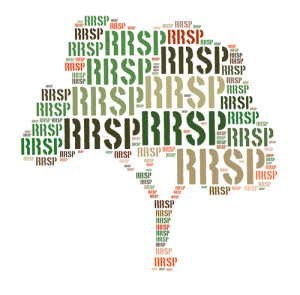MoneySense.ca has just published the second instalment of my new Retired Money columns. Click on the highlighted headline for the full piece: Climb into a higher tax bracket — and save money.
Yes, the concept may seem at first blush a bit contradictory but strange things can happen when you’re in the netherworld between full-time employment and full-stop retirement.
A period of semi-retirement (or what we call Victory Lap Retirement in an upcoming book I’ve written with Mike Drak) brings with it various opportunities to pay a little more tax than necessary while you’re “basking” in a relatively low tax bracket, in order to pay a lot less tax once those large RRSPs grow into even larger RRIFs and their forced annual (and taxable) withdrawals once you reach age 71.

One of the sources for the piece is Emeritus Financial Strategies’ Doug Dahmer, a Hub contributor who has penned many blogs on this theme, most of them housed in the Decumulate & Downsize section. Doug is pictured to the right.
Check out some of his earlier Hub guest blogs:
Debt is more than a four-letter word during your drawdown years.
Timing of CPP Benefits: Get both a bird in the hand and two in the bush.





